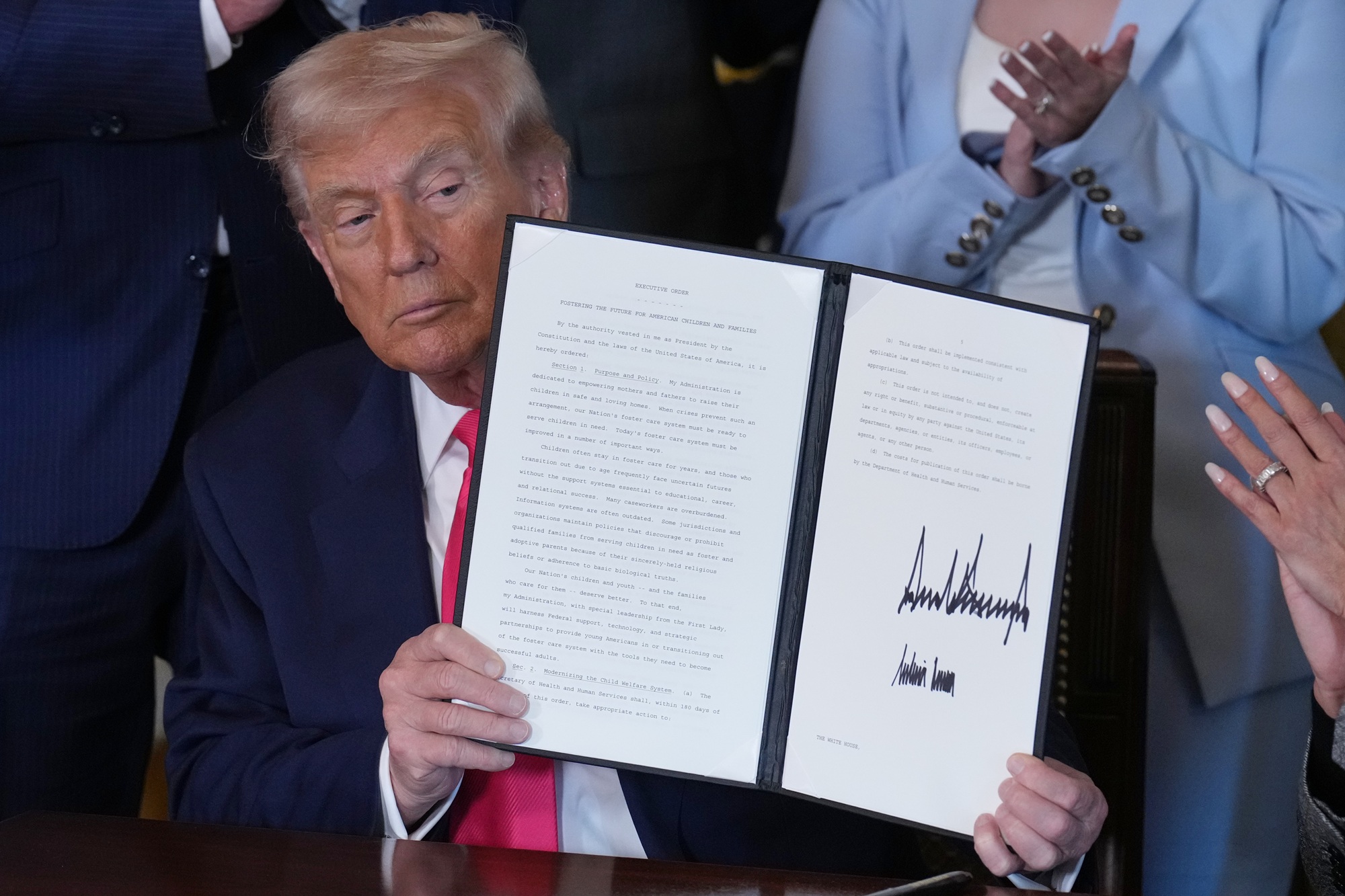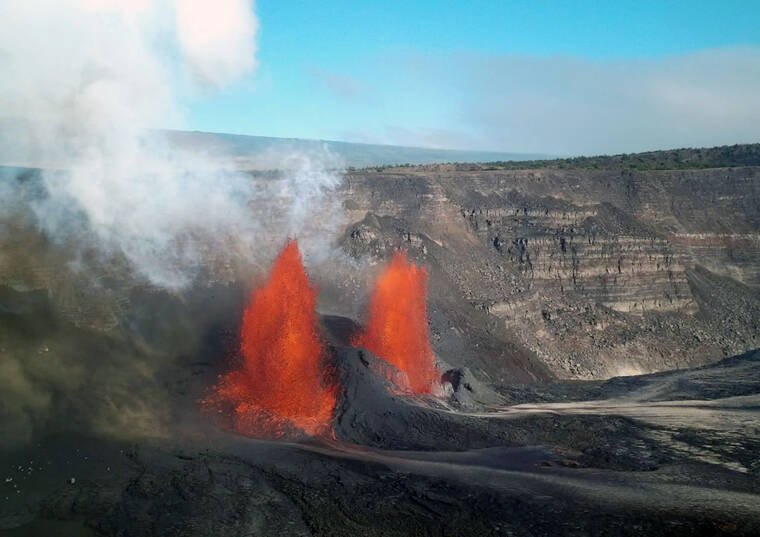UPDATE: In a shocking move, Big Tech is making a significant push to secure immunity from state regulations on artificial intelligence (AI) as part of the National Defense Authorization Act (NDAA). This urgent development has emerged amid heated debates in Congress, with bipartisan tensions rising over the future of AI oversight.
The push for an AI regulation moratorium, which surfaced in previous legislative proposals, is now back in the NDAA. Senators Elizabeth Warren (D-MA) and Tim Sheehy (R-MT) are leading opposition efforts, emphasizing that unchecked AI development poses substantial risks to consumers and workers. As the NDAA moves through Congress, the stakes are extraordinarily high for tech companies and their competitors alike.
The urgency surrounding this legislation is amplified by the Trump administration’s proposed executive order, leaked earlier today, aimed at blocking states from regulating AI altogether. This order could redefine the balance of power, potentially allowing federal authorities to override state laws concerning AI safety. Critics argue that this could create a regulatory “free-fire zone,” jeopardizing public safety and ethical standards in technology.
The draft executive order outlines plans for an AI Litigation Task Force within the Department of Justice, tasked with challenging state regulations as unconstitutional. This could include notable measures such as targeting California’s AI safety law and Colorado’s algorithm discrimination law. The ramifications could extend far beyond AI, as any business employing algorithms could find itself shielded from state oversight.
Tech lobbyists, particularly those from venture capital firms like Andreessen Horowitz, are heavily influencing this legislative effort. They are working to create a war chest aimed at neutralizing any legislative constraints, reflecting a broader trend of corporate interests shaping policy in Washington. The urgency of this situation is underscored by the substantial lobbying efforts against the New York RAISE Act, which mandates safety testing for AI models exceeding $100 million in investments.
If the executive order is enacted, states like New York could face legal challenges if they attempt to enact regulations aimed at protecting residents from potential harms associated with AI. This would effectively handcuff state governments in their efforts to ensure public safety and ethical standards in technology.
Senator Warren has voiced strong concerns, stating, “This is a matter of public safety and ethical governance.” As the NDAA debate heats up, public awareness and pressure are mounting against the influential tech lobby. The outcome of this legislative push could reshape the landscape of AI regulation in the U.S. and beyond.
As the situation develops, stakeholders from various sectors are closely monitoring Congress. The implications of a successful immunity shield for Big Tech could resonate throughout the economy, affecting everything from consumer rights to job security.
Next steps: The Senate will continue discussions on the NDAA, with potential votes expected in the coming days. Advocacy groups are urging constituents to voice their concerns to representatives, emphasizing the need for robust oversight in the rapidly evolving AI landscape.
This moment represents a critical juncture in the intersection of technology and governance. The actions taken now will determine the future of AI regulation and its impact on society. Stay tuned for updates as this urgent story unfolds.







